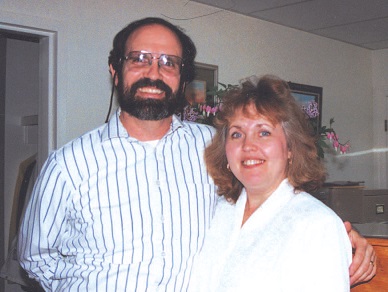
The founders of The Town Line, Gary and Trish Newcomb.
The first issue of The Town Line was published on March 15, 1989.
The brain child of Gary and Trish Newcomb, the news-paper’s goal was to bring neighbors and their respective towns closer together through better communications.
Area towns and their residents had gone through some turbulent times during the mid-’80s when much animosity had grown to epidemic proportions. Gary and Trish figured that if people really knew what their neighbors were doing, they would better understand each other.
Although the original mission statement for The Town Line can’t be found, its general meaning is how the newspaper got its name. Gary and Trish believed that if everyone was more open in their communications, they could all become better neighbors, and asked people to take their discussions, differences and ideas, and meet at “the town line.”
Preparing that first issue was a monumental task. First there was equipment to purchase, acquaint themselves with computers and their programs, find a printer, and then arrange a distribution system.
Once the first issue hit the streets, Gary said, “How will be ever put out another issue?” He thought he had used up all possible material in that first issue. Well, miracles happen, and now, 21 years later, The Town Line newspaper celebrates the publication of its 1,000th issue.
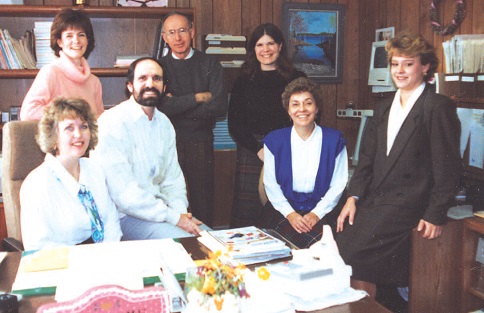
In the early days, the staff of The Town Line included, seated, from left to right, Trish Newcomb, Gary Newcomb, Lea Davis and Susan Walter. Back, Susan Boody, Fred Davis and Susan Cottle.
Gary and Trish nurtured the newspaper for the first nine years, until, thinking they had taken the paper as far as they could, put it up for sale in 1997. The final issue under the guidance of the Newcombs came on December 20, 1997.
The original staff consisted of three people. The first issue denotes the Newcombs as both publishers and editors. Trish was advertising director and Gary took care of the graphic designs. Julie Dermott was administrative assistant.
As time passed, and the newspaper grew, additional staff members were needed to accomplish the work. On May 16, 1990, Susan Cottle became the first editor other than the Newcombs. She would continue in that capacity until the end of 1991. Joe Lupsha and Fred Davis each served as assistant editor during this period.
On January 6, 1992, Lea Davis was named the second editor in the paper’s brief history. Lea would continue as editor and eventually as managing editor until May 14, 2004, the longest tenured editor in the history of the paper.
During her time, the paper went through a series of set-backs due to changes in ownership. After the Newcombs closed the paper at the end of 1997 for a lack of a buyer, Dennis Keller came on the scene and purchased the assets. The paper reopened its doors on January 31, 1998.
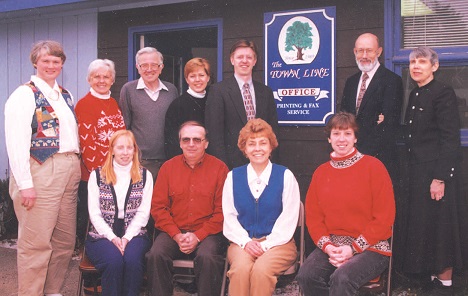
The staff under the regime of Dennis Keller included, seated, from left to right, Sandy Keller, Roland Hallee, Lea Davis and Martha Holzwarth. Back, Natalie Lyon, Nancy Heath, Ed Heath, Paulie Heath, Mike Heath, Dennis Keller and Miriam Keller.
The paper would continue on its normal path until July 3, 1998, when it became a bi-weekly (once every two weeks) due to economic hardships. Keller would eventually close the doors on October 10, 1998.
That’s when the paper’s future took an unexpected turn for the better. A small group of former staff and some interested community members worked through the winter of 1999, formed a new plan and incorporated the publication as a 501 (c)(3) nonprofit organization.
Spearheaded by Joann Austin, Faith Ames, the late John Robie, staff members Lea Davis, Sandy Keller and Roland Hallee, all of whom donated their time, the groundwork was ready to continue towards re-opening the paper.
On March 6, 1999, The Town Line re-emerged as the voice of these small central Maine towns. Through great community support, both from businesses and small grants from the towns, The Town Line firmly planted itself back on the path to recovery.
The Town Line is now a non-profit organization with a board of directors as overseers. Forever striving to improve the quality of its offerings, The Town Line is constantly seeking new, tax deductible, member-ships to the organization. Similar to public radio and television, The Town Line accepts memberships and monetary contributions.
The current members of the board of directors are Joann Austin, Lee Austin, Neil Farrington, Margie Roy, Gladys Hewett and Sam Birch. Others to have served on the board in the past have included the late Joe Pinette, Walter Wilson, Mike Mara, Faith Ames, Dick Kelley and Joe Suga, among others.
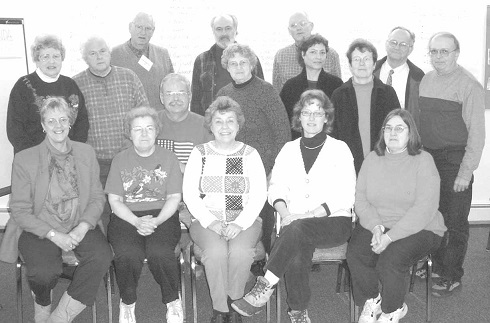
This photo, taken in January 2004, was the staff, board of directors and interest-ed community members at the time. Seated, from left to right, Joann Austin, Carleen Cote, Neil Farrington, Lea Davis, Claire Breton and Marilyn Boyle. Standing, Faith Ames, Dick Kelley, Joe Pinette, Lee Austin, Gladys Hewett, Walter Wilson, Kareno Stansbury, Aileen Wescott, Carl Mercier and Roland Hallee.
On June 1, 2004, Susan Varney became the third editor in the newspaper’s history. She would continue in that position until February 2005, when upon her departure, Roland Hallee became the fourth editor of The Town Line. He continues today as the managing editor and is now the longest tenured staff member of The Town Line, having begun his career in May 1993 – a span of 16 years. With 45 years of newspaper work, and editor of two other newspapers in Pittsfield and Skowhegan, he has used his experience to guide The Town Line through some dark days.
Over the 21 years, The Town Line has occupied five different locations. The original site was at the old fire station, next to the old post office off Rte. 3, now occupied by Whitt’s Garments.
From that location, they moved in January 1994 to a building on Rte. 3, across from the new South China Post Office. They would remain there only a short period of time before relocating in June 1995, to the 202 Plaza on Rte. 202.
Upon its reopening as a nonprofit in 1999, they were located in the lower level at Jonesbrook Crossing. They would remain at that site until November 2008, when they moved to their present location, upstairs in the same building in the space formerly occupied by Fernald Family Chiropractic. All of the locations were in South China.
Through the years, others were instrumental in the success of the paper. Susan Boody, Adam Hansen, Troy Henderson, Carl Mercier, Paul Basham and Diane Bickford have all served as advertising directors. Advertising salesmen over the years have included Ken Nawfel, Betsy Murphy, Martha Holzwarth, Aileen Wescott, Marlene Myers and Bill Zinck among others. Office managers have included Heide Hotham, Sandy Keller, Sylvia Martin, Marilyn Boyle and Angela Brunette. Claire Breton has been business manager since 2000. Prior to that, business managers have included Ed Heath, Natalie Lyon and Adam Hansen. Others to con-tribute as graphic artists have been Fran Vitolo, Susan Walter, Dirk Rose, Roland Hallee and Kareno Stansbury. Lyn Rowden presently serves as copy editor and senior staff writer.
Intertwined with all of these people is an endless list of regular contributors and volunteers.
May 21, 2009, marks the 1,000th issue published by The Town Line, a feat that, in 1989, seemed way out of reach to its founders.
The Newcombs now reside in Granville, Ohio, where they are nearby to their daughter Becky and son-in-law Dan Homan, and grandchild.


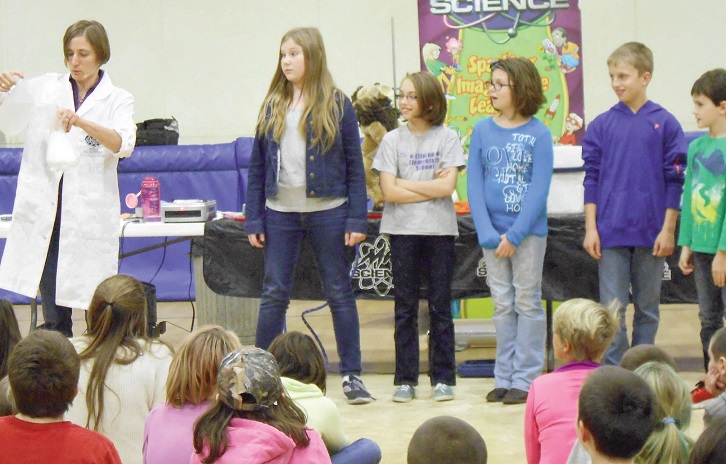
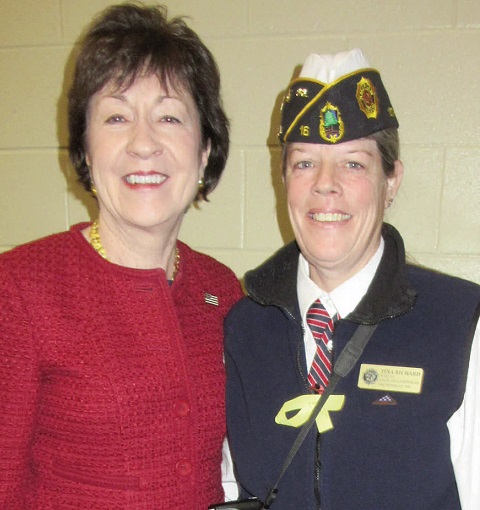
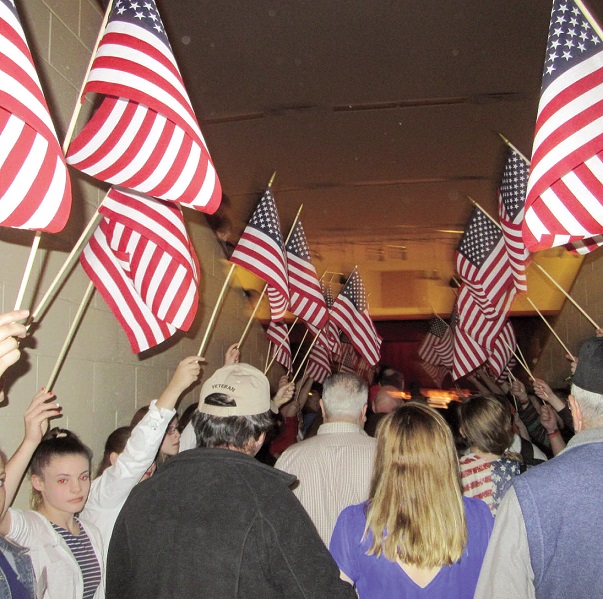





 GARDEN WORKS
GARDEN WORKS First, though, let’s find out which cultivars we like. Garlic is usually divided into groups having stiff stalks (hardnecks) or soft, pliable stalks (softnecks). Within these groups are several subgroups of many named cultivars.
First, though, let’s find out which cultivars we like. Garlic is usually divided into groups having stiff stalks (hardnecks) or soft, pliable stalks (softnecks). Within these groups are several subgroups of many named cultivars.